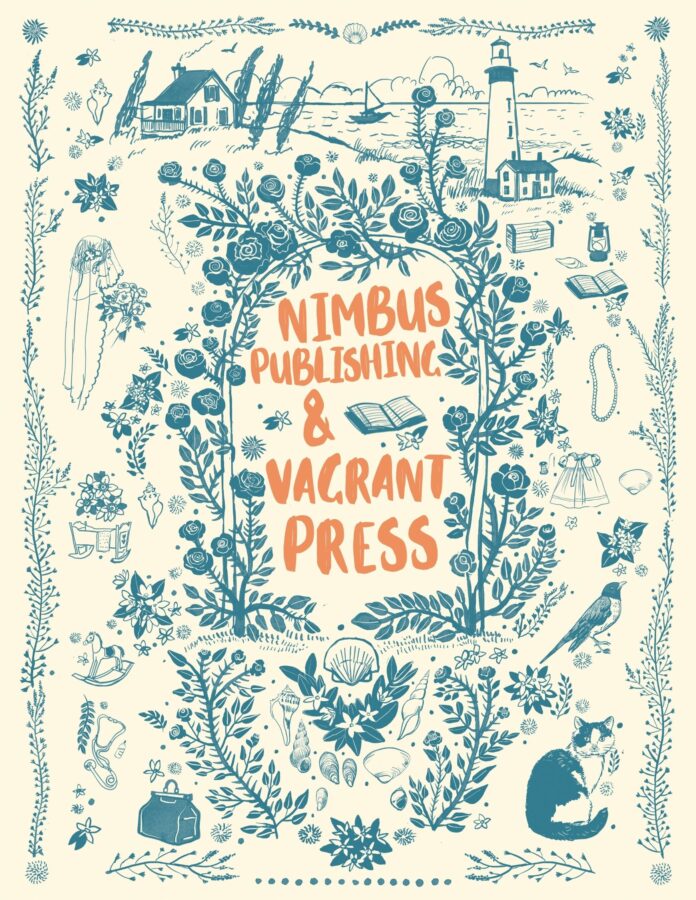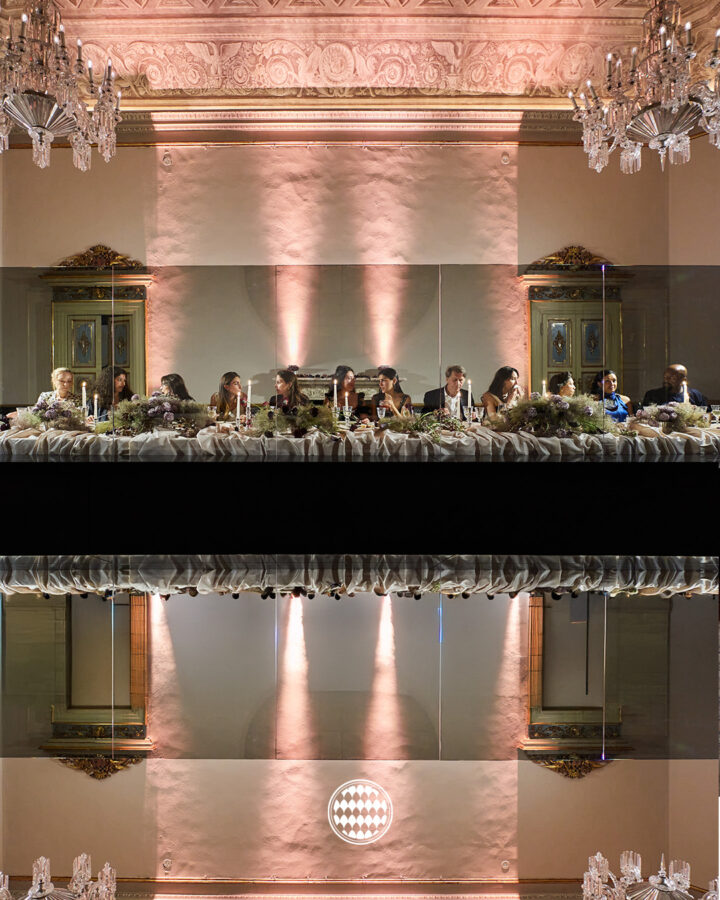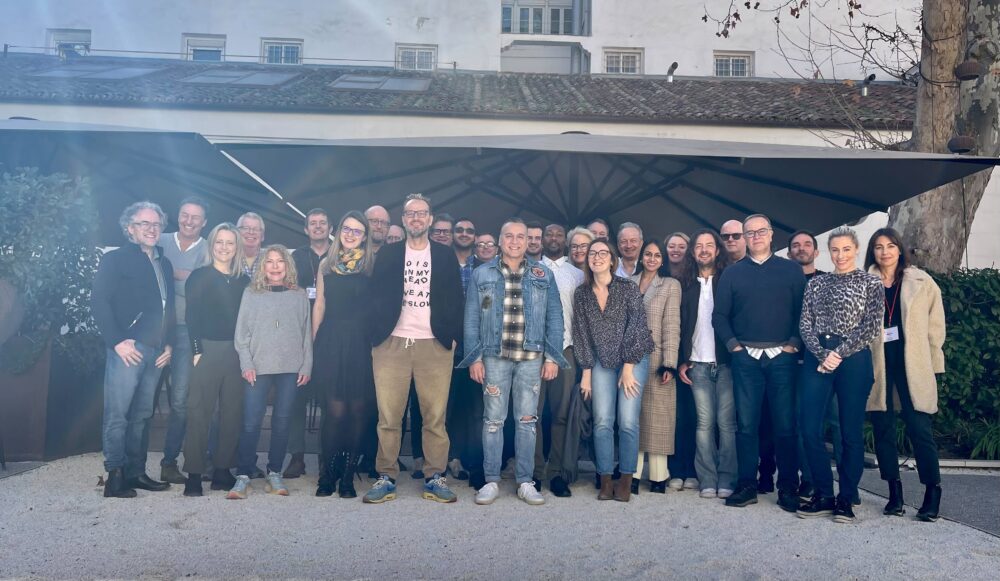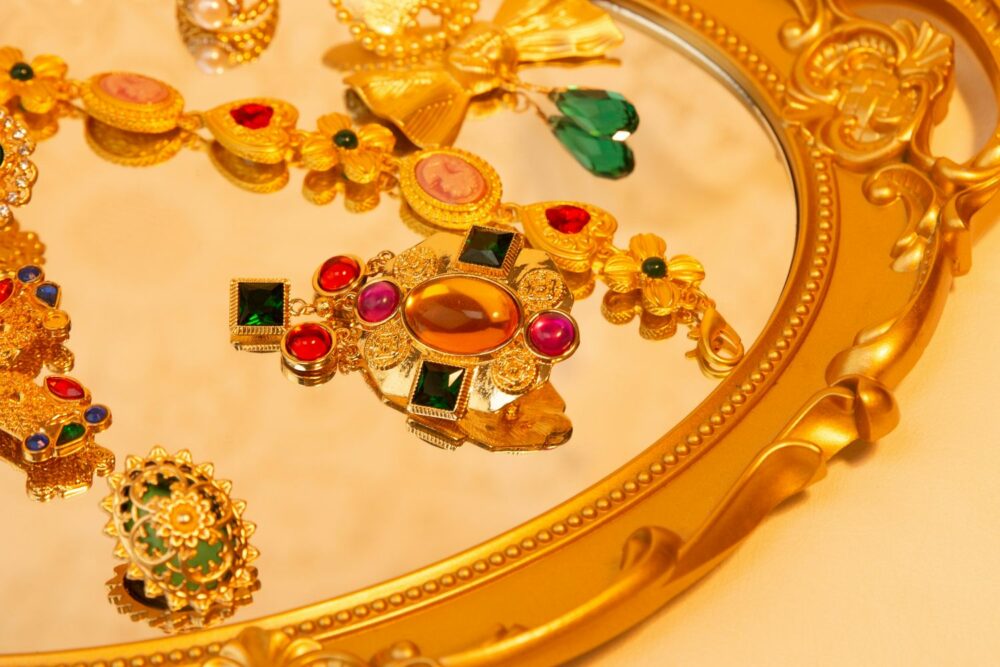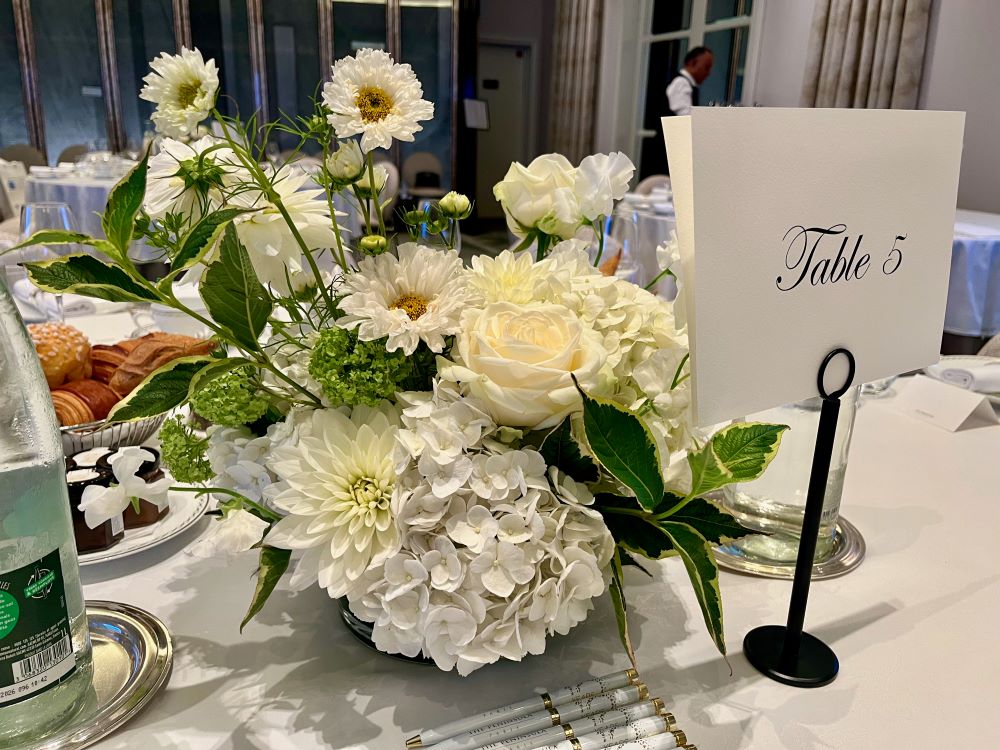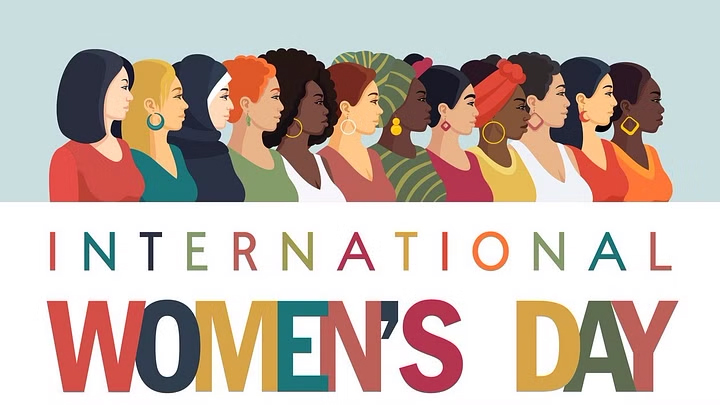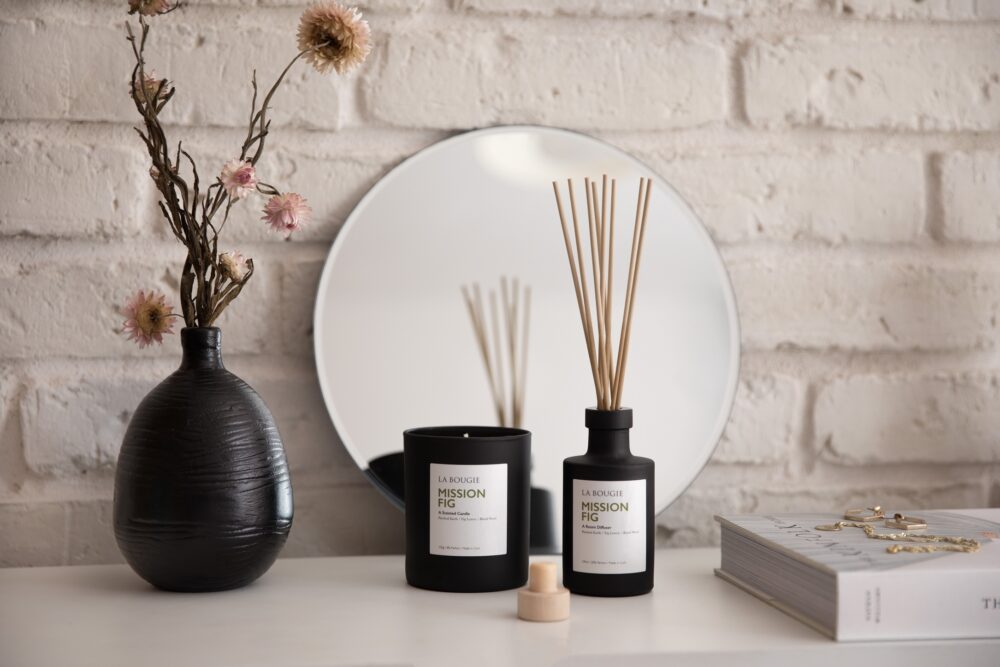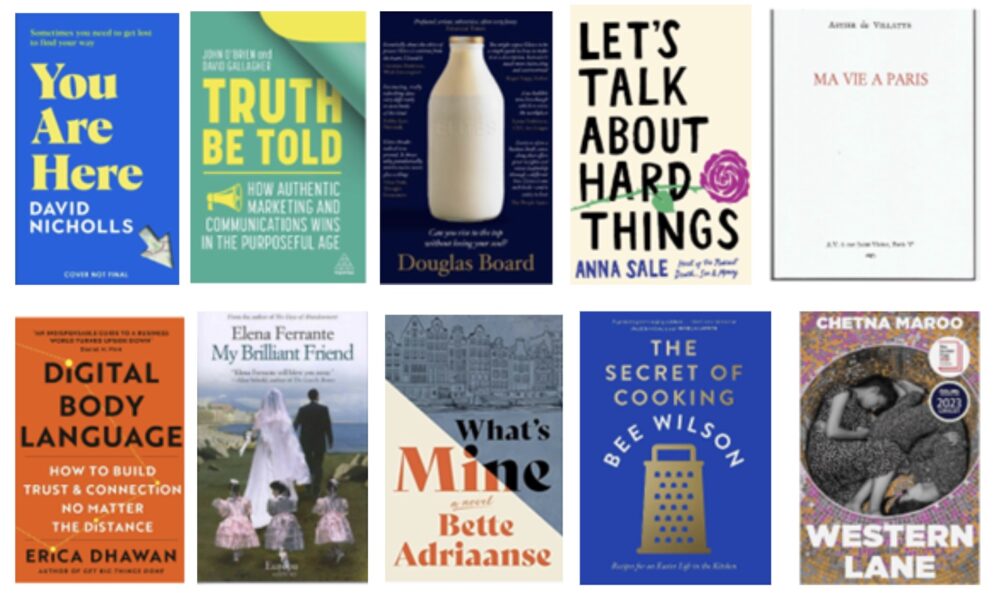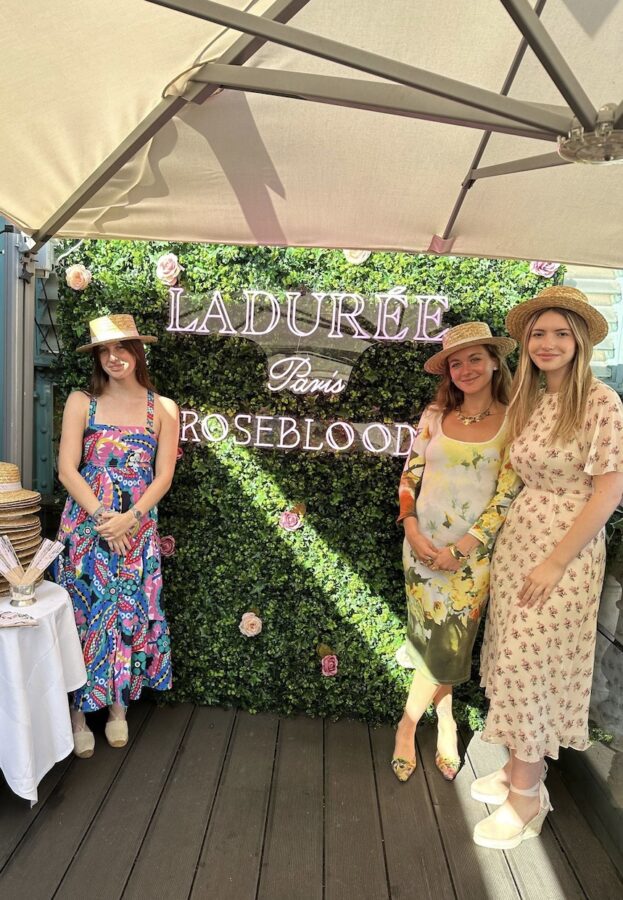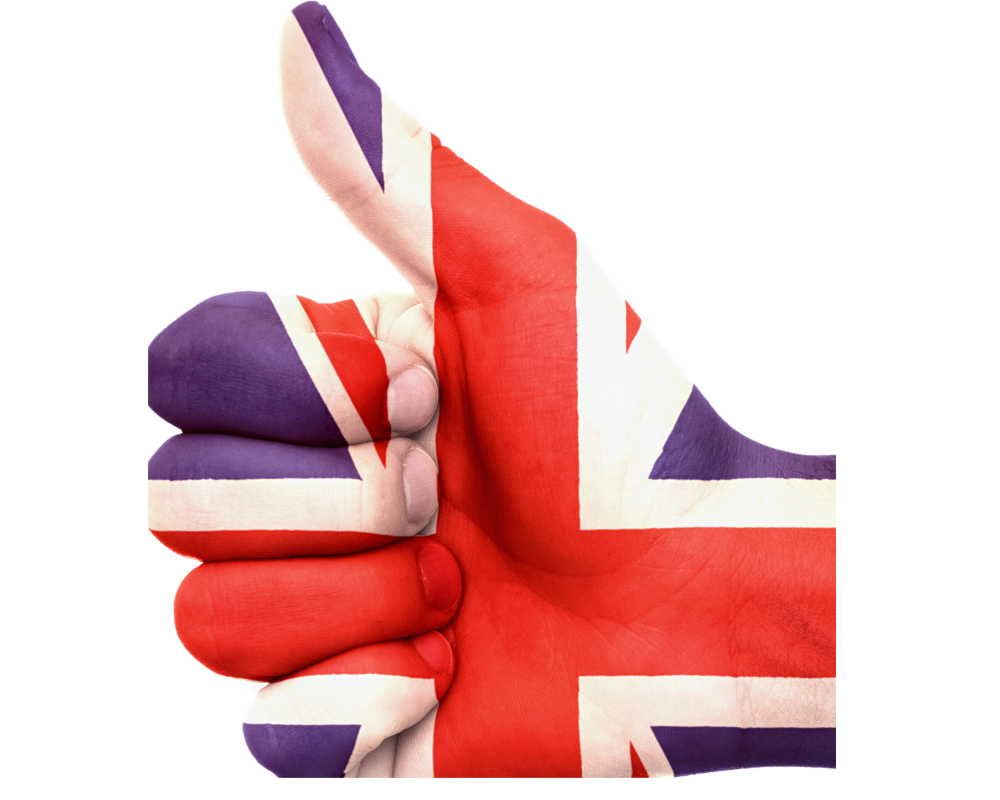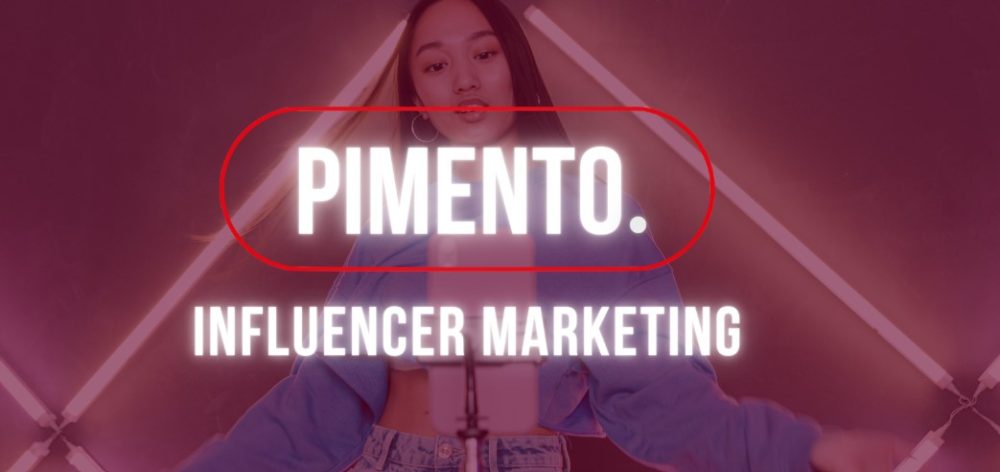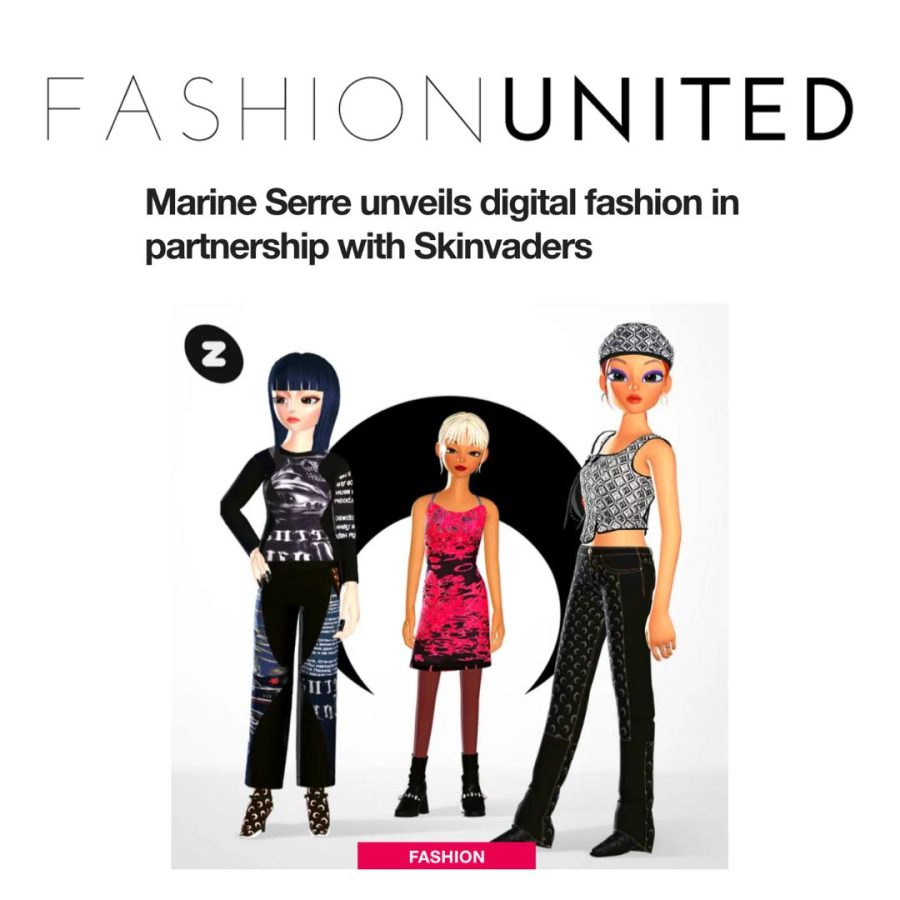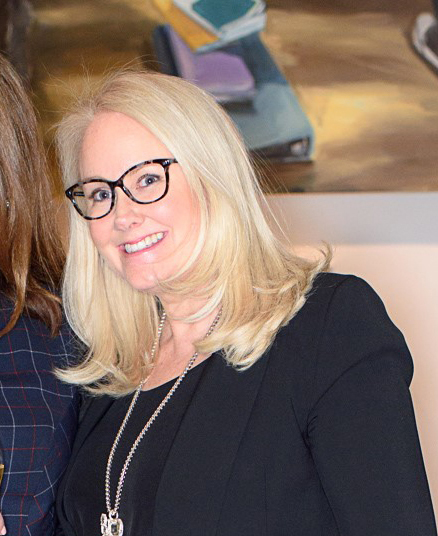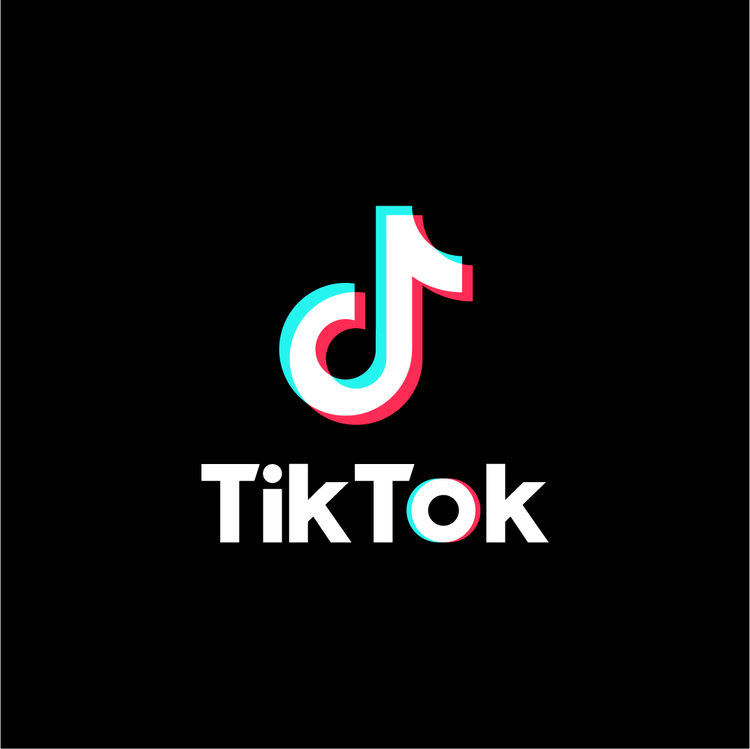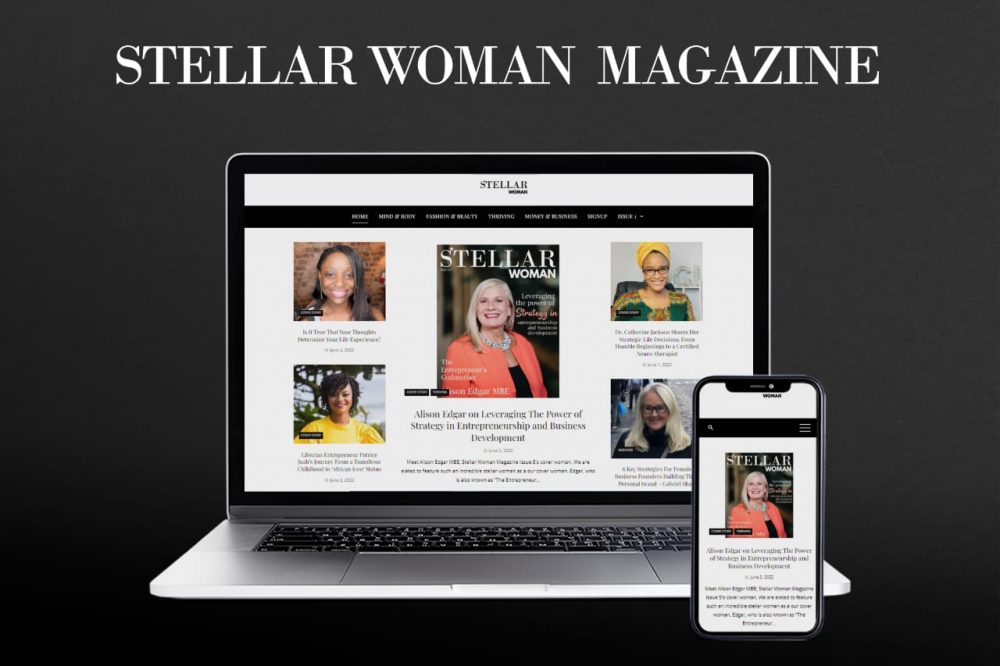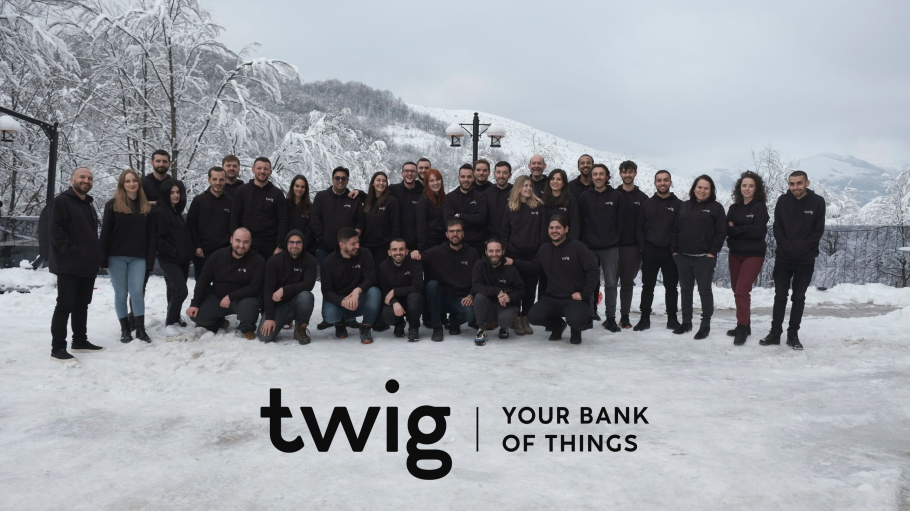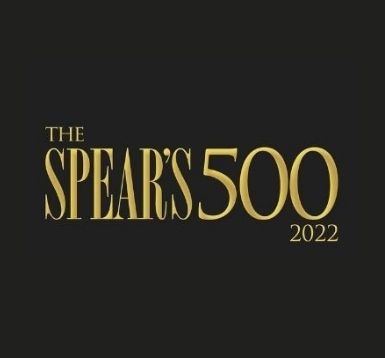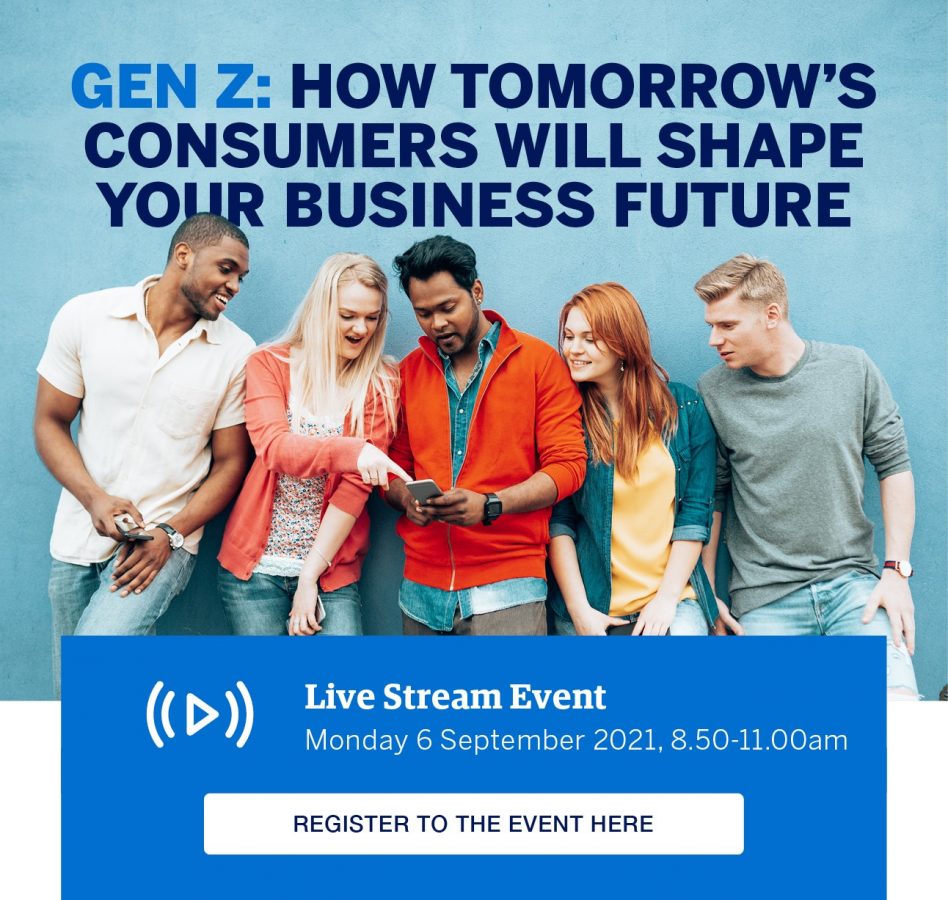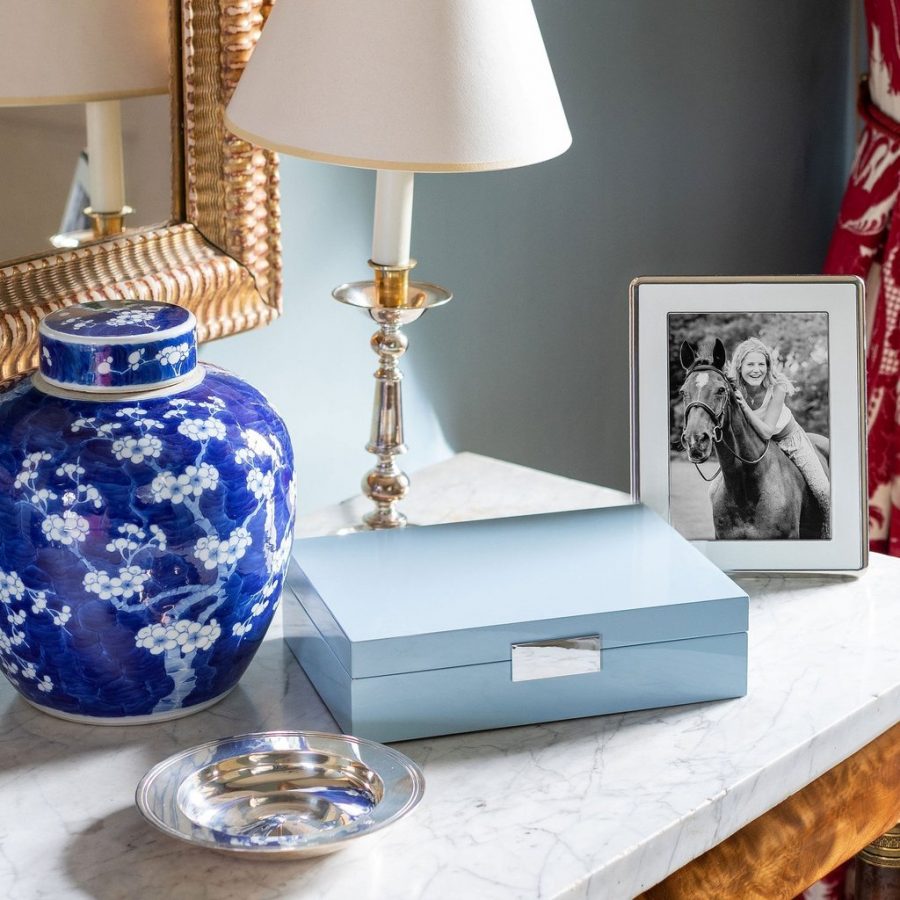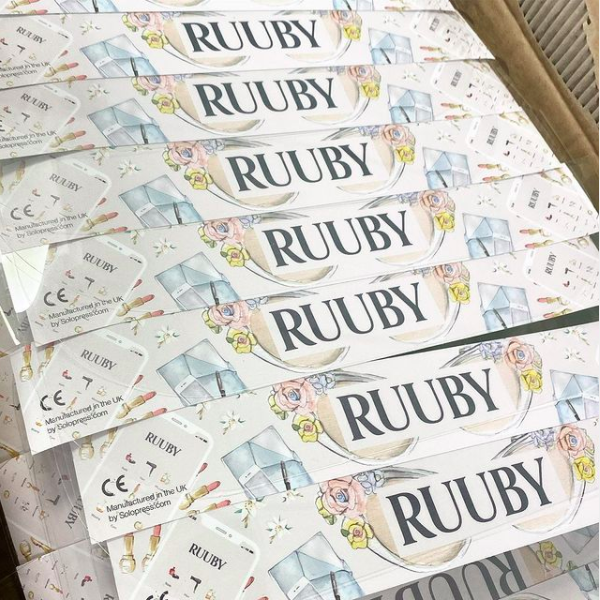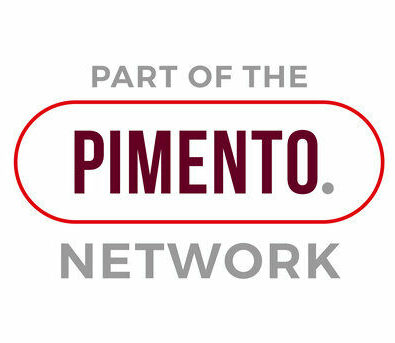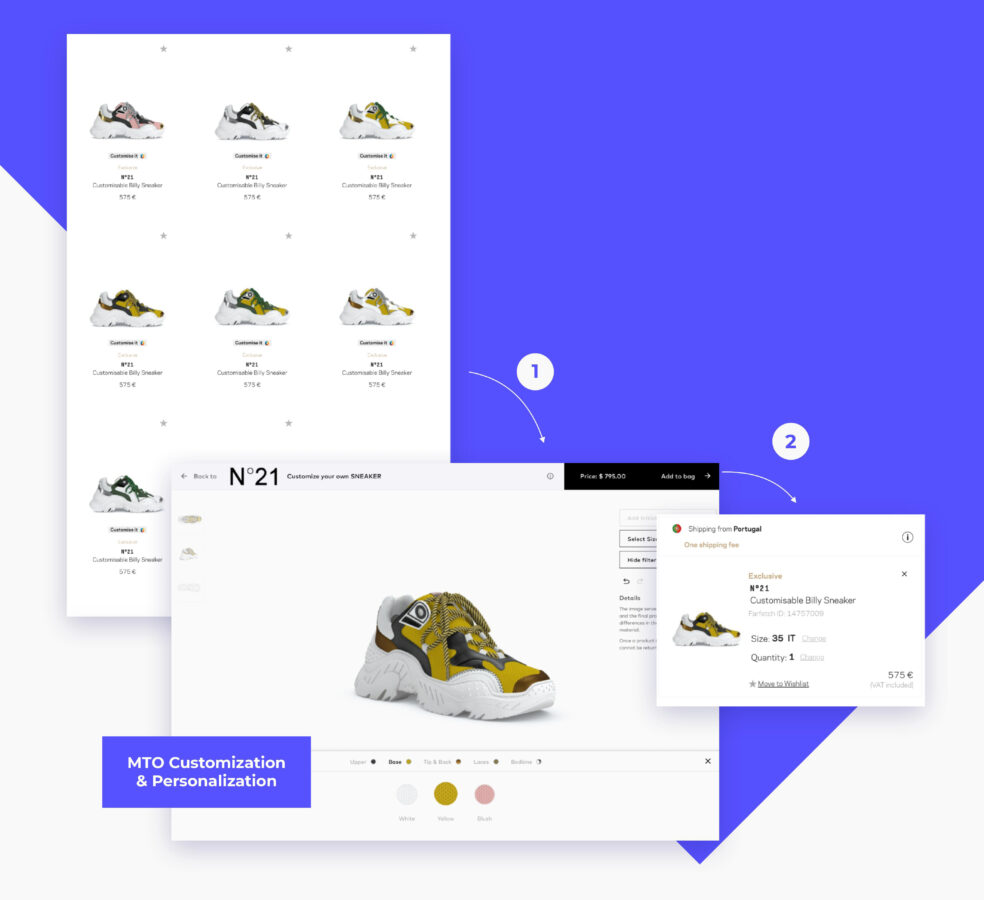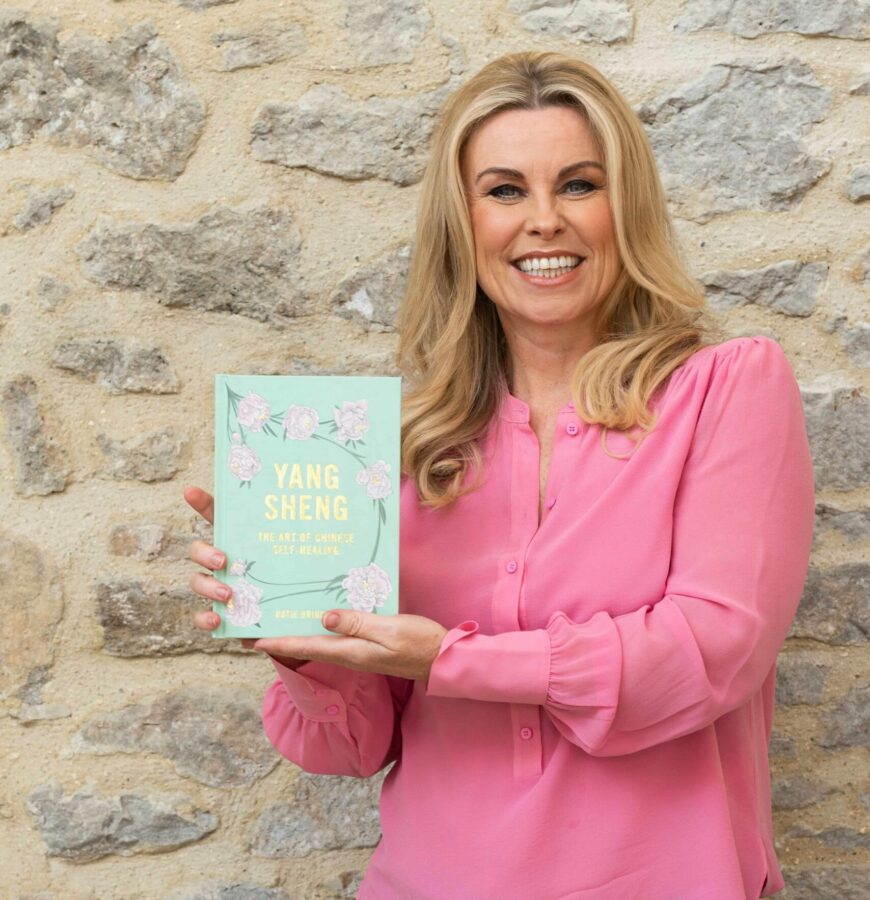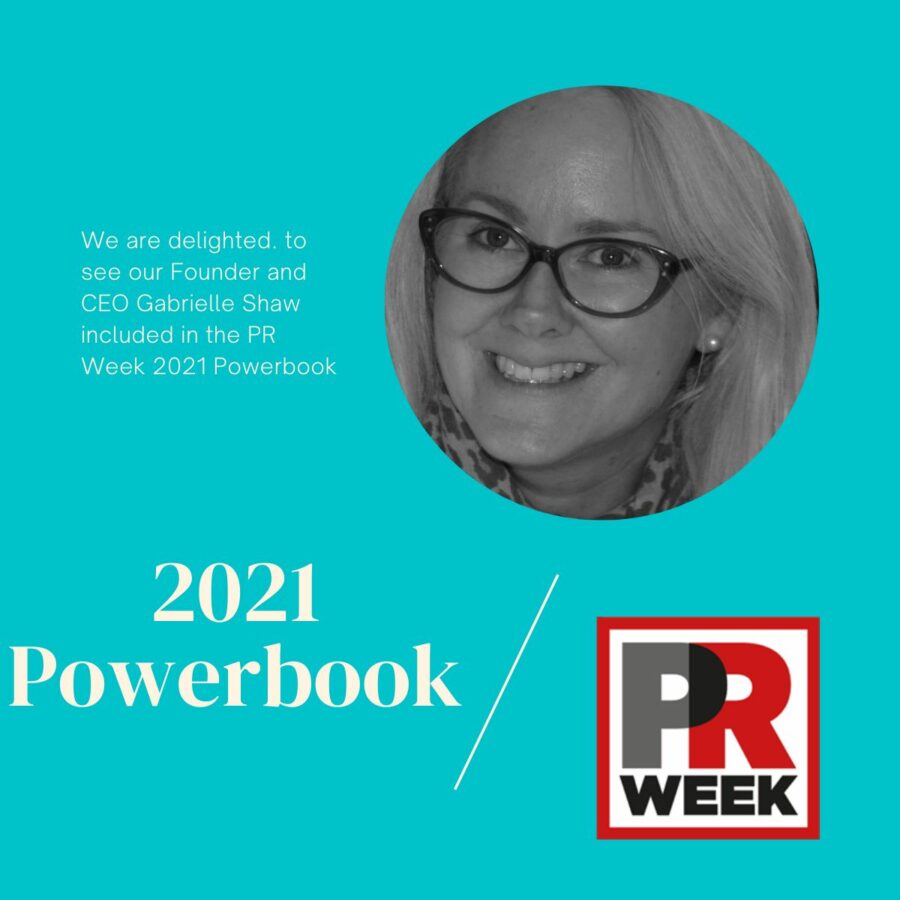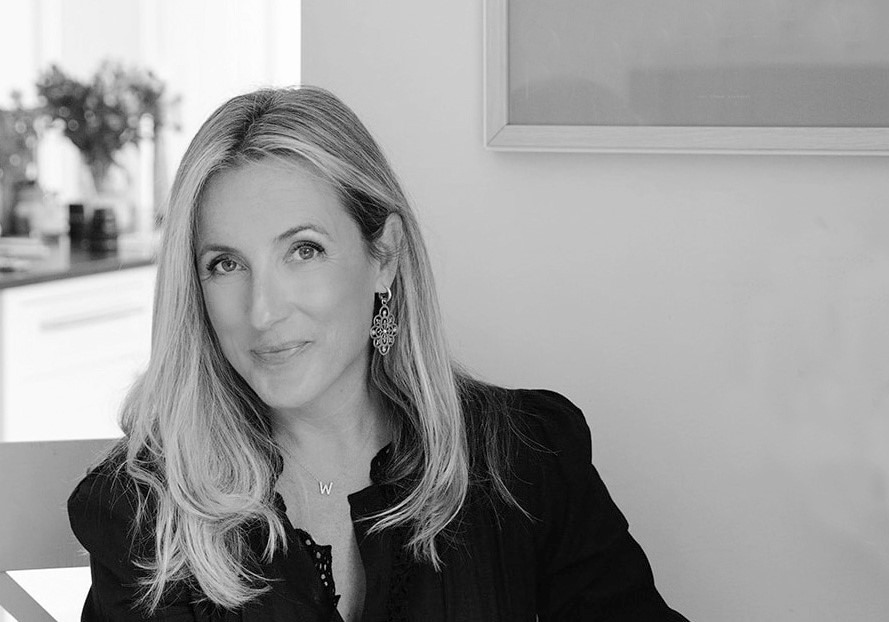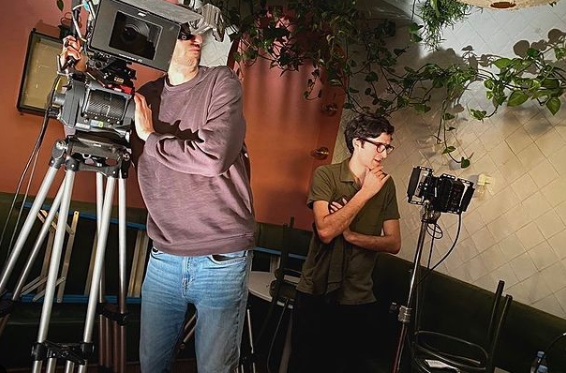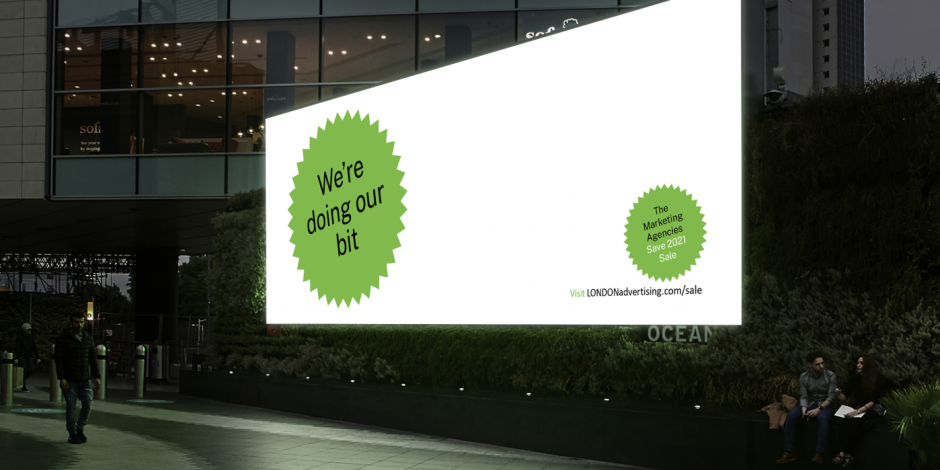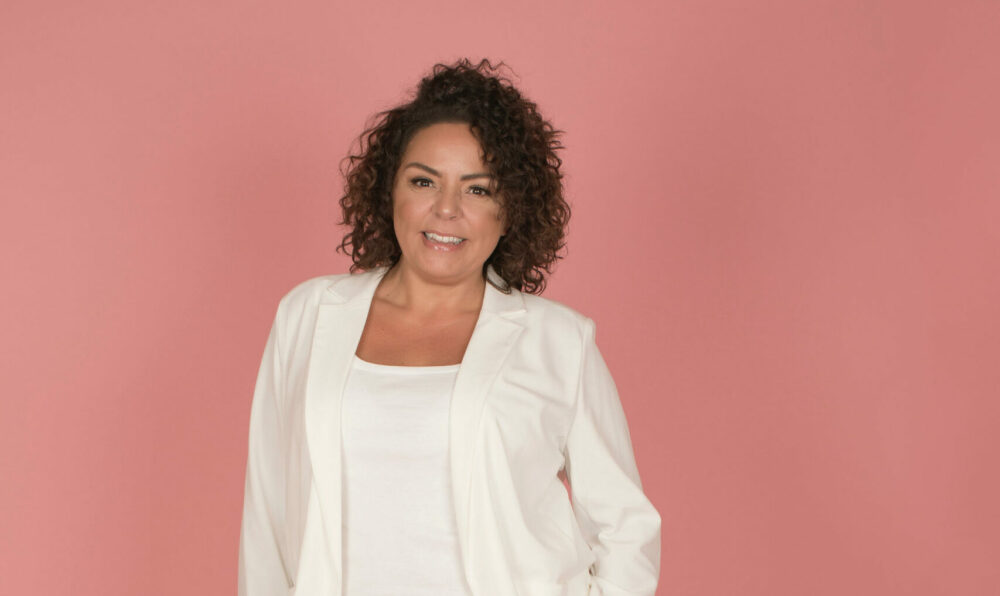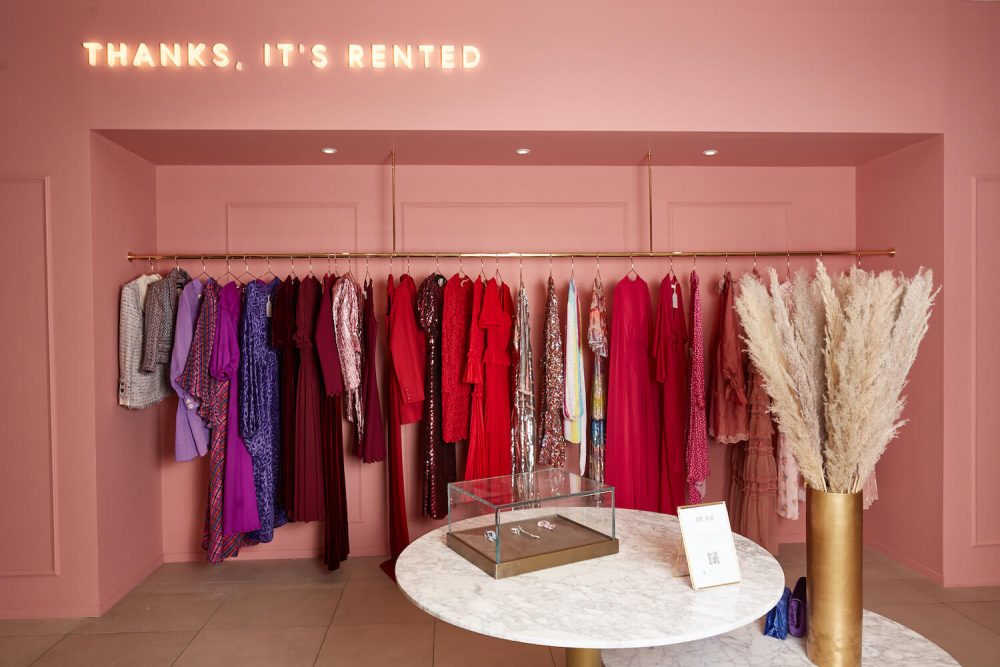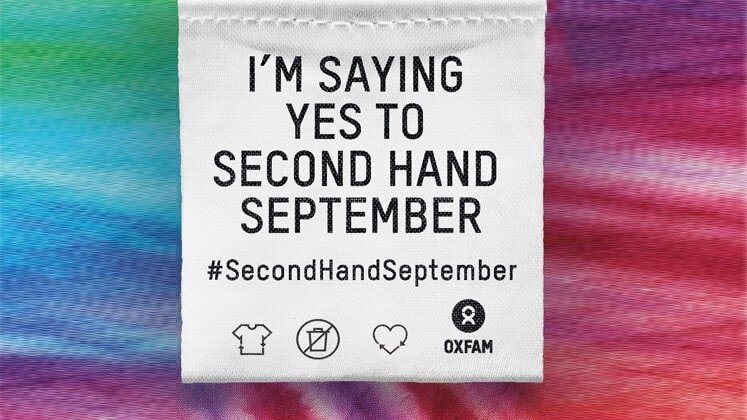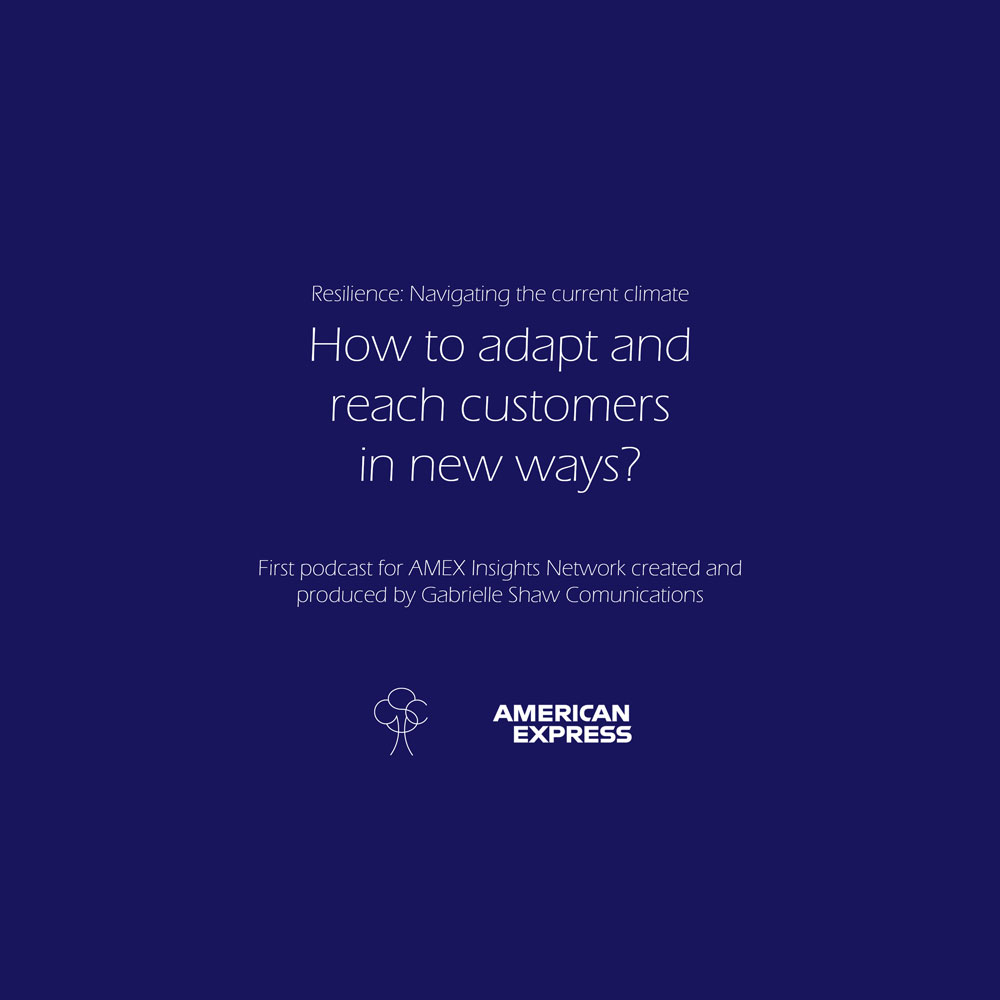Tips For Hiring a UK Brand Communications or PR agency
Published 06 / 09 / 2022How To Find A Great Marcoms Firm in London & Beyond
Welcome to a new era for client and PR agency relationships. After a tough few pandemic years, businesses are back on their feet, searching for communications, branding and PR agency partners to support reputation management, nurture communities and build customer relationships. PR agencies help build brand love, ignite communications, strategic planning and execution.
Matching a client with a UK public relations agency is not one size fits all. After 25 years, our London agency – Gabrielle Shaw communications – has learned a great deal about the process of hiring a PR agency.
Here are 9 tips for businesses hiring a PR firm in today’s fast-changing world.
Gabrielle Shaw Communications (GSC) specialises in luxury PR, sustainability communications, thought leadership, brand identity and more. But practical truths apply regardless of the type of agency you hope to hire.
A best practice approach will positively affect your brand in the short and long term.
Tip 1. WRITE A GREAT PR AGENCY BRIEF
Creating a strong briefing document is time well spent. Astonishingly, sometimes big companies miss the mark on articulating needs for reputation management and more. A brief should explain where the business is now and where it wants to go.
Whether using a basic brief or issuing a more formal Request for Proposals (RFP), ensure your entire team is aligned from the top tier (CEO/CMO) to mid-managers and junior team members.
Describe your business model and competitive landscape. What matters most? What kind of investment do you want to make? What does success look like?
Set realistic goals that match your budget. How much creative risk are you willing to take? Don’t encourage detailed costings. An agency should be adept at scaling to a budget once they know which ideas you like best. Also, expecting an entire creative campaign in a pitch is expecting them to work for free. This is frowned upon by the PR industry. Still, there is much to learn in the pitch process, which will guide you to the right PR firm for your business.
Tip 2. SHORTLIST PR AGENCIES WISELY
There are many ways to identify prospective agencies. You might engage a public relations matchmaking service such as AAR or Pearlfinders to take the pain out of culling and calling. Be brave. Approach brands you admire and find out what agency represents them. Connect with UK industry bodies such as PRCA and CIPR which offer practical advice. Explore trade magazines like PR Week and The Drum for news and views.
Start with a list of 5-6 agencies. Do chemistry calls with each. If it’s a basic brief, bring it to a shortlist of 3-4 for full presentations. Communicate selection criteria and an expected timeframe. Consider how each agency compares within your roster. It’s often worth including a wildcard agency that you’d not normally consider. They may surprise you.
Pulling together a pitch is a lot of work. Give agencies access to relevant information and be respectful of their time. Nine or ten are too many. Savvy agencies will know their chances of winning are slim and take a pass. Importantly, don’t ask for a pitch if you don’t intend to hire. It happens all too often.
Tip 3. DO ADVANCE HOMEWORK ON EACH PR FIRM
When hiring a PR agency, investigate credibility, capabilities and communication skills. Have a skim through the content generated by each shortlisted PR, brand or communications agency. Visit their blogs, websites and social channels. Get familiar with their team and the firm’s interests, creativity and focus areas. What brands have they worked with previously? Look at approaches and campaigns used, as well as results achieved.
The length of relationships is a good indicator. If a company has stayed with an agency for years, chances are that’s a happy client. Look for client endorsements and request references when the time is right.
Offer a Q&A call to prospective PR agencies and get signed NDAs. Good agencies will use the call to clarify details but also to ask what keeps you up at night. Pitching agencies invest time to win your business, so make the most of that process. You can come away with a winning agency and also learn from the runners up.
Tip 4. HOST A WELL-PLANNED PR AGENCY PITCH
The pandemic gave rise to Zoom pitching, but nothing beats being in the room together. It’s hard to have chemistry onscreen. Either way, make the pitch day go well. Provide resources such as technical support or equipment.
Give your full attention to each firm. Explain your process for evaluation to all PR agencies in the running. It is a good idea to spread the pitches over a couple of days to give the first presentation the same focus as the last.
During a pitch – engage! We’re all human. A po-face panel puts people off their game. Pose questions. For example, describe a hypothetical crisis or ask about connecting with a specific target market. Ask: “What would you do in a situation like this?”
See if they can explain how creativity intersects with client business models and captures the imagination of media and brand communities… or how social media dovetails into a good idea or campaign?
Agencies often put flashy creative first, but what about the results? How they will deliver on time, on target and evaluate results, and how can they prove their reliability?
When they are finished, thank them for their efforts and don’t ghost them afterwards. Let all agencies know the pitch outcome in a timely manner. If they ask for feedback to learn about why they didn’t win, try to make the time to do it. It lifts us all up for next time.
Using a pitch scorecard helps ensure the same criteria is considered for each agency. It might include items such as team competency, knowledge of your business, chemistry, credibility, experience, etc.
You can rate whether the agency’s ‘big concepts’ are possible to pull off, and how they can garner great results. A scorecard makes it easier for the panel to discuss and rate each pitch and make a selection at the end. There are scorecard templates online.
TIP 5. IS THE PR AGENCY RELENTLESSLY CURIOUS ABOUT YOUR BUSINESS?
When hiring, be wary of those firms more focused on telling their own story rather than creating yours. Agencies should be inquisitive about what makes you tick. This includes your products, services and aspirations.
As an agency presents to you, do they ask whether their strategy is on track? A pitch should be a two-way exchange. A team that temperature checks your response to their approach is cleverly addressing potential uncertainties. If you have concerns, they may provide great answers. So if you’re not sure about something, speak up.
Most agencies will gather the breadth of information – facts, data, scope– but the best will also mine the depth; ensuring they understand what motivates your C-suite and your internal values, predispositions, worries, struggles, and politics.
A great PR agency should be thinking ahead, with a hypothesis for success. This will come from their experience and creative thinking. More fundamentally, do they understand how you make money so they can help you make more?
TIP 6. IS THERE CHEMISTRY WITH THE PR AGENCY?
Trust and transparency are essential to a strong working relationship. This means more than just a spark. Does every senior and junior person on the team ‘get’ you?
Sometimes a young superstar on the frontline can make things run like clockwork. Who would be your day to day contact? Get a feel for whether the team is eager to represent you and committed to your success. Does their approach to creativity have the right magic to truly elevate your brand?
Don’t be fooled by pleasers. Good partners do NOT say ‘yes’ to everything. Your new agency must be confident to speak up if they feel something is not right. Occasionally they should nudge you out of your comfort zone. Even if you agree to disagree, open exchange will make the bond stronger.
This is a ‘first date’ that could lead to one of your most important business relationships. An agency can impact the values of a business, be a moral compass or help a client in a new job.
Often an agency outlasts the client team; these relationships carry on. Confident clients are happy to bring agency people into their inner circle. Having a seat at the top table motivates senior agency people, making their job more interesting.
A genuine partnership means the client is open to sharing of sales figures and a pipeline of ideas. For example, it could be first thoughts on new product ranges. The best agencies serve as great sounding boards and adjust their approach to your growth.
Does the chemistry work for you personally? As a partner, your PR agency should help your business and marketing team shine internally. Sharing credit benefits everyone.
TIP 7. WILL THE AGENCY BRING MOMENTUM, CREATIVITY & STRATEGIC THINKING?
Seek brand guardians who help shape the brand narrative. As ‘the client’ you are likely very busy. Sometimes a big creative project sounds exciting but also like more work than you can handle.
A proactive PR agency will push your business to bold solutions but should lighten your load while seamlessly taking the brand somewhere better. They should illuminate the path forward, bringing new solutions and energy without overloading the brand team it’s representing.
When evaluating a shortlist of candidates, consider what sets an agency apart creatively and strategically. What do they consider to be their greatest achievement and why?
Most importantly, how does their past work circle back to supporting you in the future? Look at the previous work done by prospective PR agencies. For example, how might they have put a new twist on the old fashioned idea of a press release?
Today’s PR and brand communications companies should offer online depth as well as a presence across platforms including and beyond social channels. Are they adept at today’s communications currency, from sustainability to content with proper SEO?
Your team ought to know how to play seriously in the social media and digital space and how to multi-purpose assets to work across a variety of channels. At the same time, they should be skilful at creating brand desire and emotion.
TIP 8. DOES THE PR AGENCY ADD VALUE VIA ITS MOST SENIOR PEOPLE?
Sometimes intangibles bring the most benefits. Along with a daily team, an agency can lift its clients up through senior counsel. In a data-saturated world, the gold dust is true brand insights.
The best agency leaders share this higher level of thinking to drive strategy including a perspective on trends, target consumer mindset, and the current zeitgeist.
An agency founder won’t attend every meeting, but should offer a regular senior catch-up; a chat, coffee or lunch. This is a forum for you to efficiently learn and be heard at a one-to-one level.
Insights can inform current strategies or future directions. It’s common practice to save 10% of a marketing budget for blue-sky ideas. Can the agency senior team help you soar?
Additionally, senior agency leaders can make advantageous connections in person and via social media. The equity they create can change the value of a business.
An agency’s contacts are its most precious commodity. If offered, this portal can open doors even if it doesn’t benefit the agency directly. Some clients will pay for beneficial introductions. Senior access, professional introductions and blue-sky ideas are worth discussing at the pitch stage.
TIP 9. IS THE PR AGENCY THE RIGHT FIT?
Agencies come in all shapes and sizes. A large network may impress the top brass, however it does not always offer the best value or support. There are fantastic mega-sized agencies. But some might wonder whether the big agency name and trappings are the priority, especially in relation to budget.
There are now fantastic small and mid-size agencies where you are their most important client. They often provide greater access to a more senior team. Many are founded by former big PR agency professionals who’ve shifted to a more nimble working model. Often, their experience helps you break down difficult situations into manageable solutions.
Many small agencies are members of global and national networks. For example, our agency GSC is a member of both Taan and Pimento which bands together independent agencies for added value. They share resources, on the ground teams and regularly meet to keep knowledge fresh. These connected agencies have the firepower to service clients internationally. The benefits make it worth shortlisting boutique players for a pitch.
Get clarity on agency capabilities. Once siloed agencies have evolved across the PESO spectrum. Activations might be any combination of Paid, Earned, Shared, or Owned marketing. Work by firms should be research-based and aligned with the news agenda and consumer preferences.
Depending on the company, the offer can be anything and everything from offline and online media relations, events and campaigns to crisis management, digital marketing, online webinars and social media content, brand identity, creative media relations strategy, thought leadership, corporate communications skills, collateral, and experiential customer activity. Services still vary across agencies, so make sure they cover what you need.
Finally, if you are not yet ready to issue a PR brief or RFP, keep in mind that agency CEOs and directors are generally pleased to simply have a chat. Maybe it’s just to get their thoughts on your brand or to understand the kind of work they do. Be upfront about your intentions so the agency leader understands it is just an informal chat. It’s a great way to refine your own thinking before developing a brief.
Who knows? You may meet someone inspiring along the way.
Gabrielle Shaw Communications InSights InConversation
This CFS article is written in conversation with Gabrielle Shaw, founder and CEO of Gabrielle Shaw Communications – celebrating its 25th year – award-winning global creative brand communication and PR agency that partners with brands and entrepreneurs to unlock their purpose, shape perceptions, cultivate brand desire and deliver commercial success. GSC would love to have a chat, or partner with new clients to tackle the challenges and opportunities they face in a fast changing world of brand communications.
Discover GSC:
